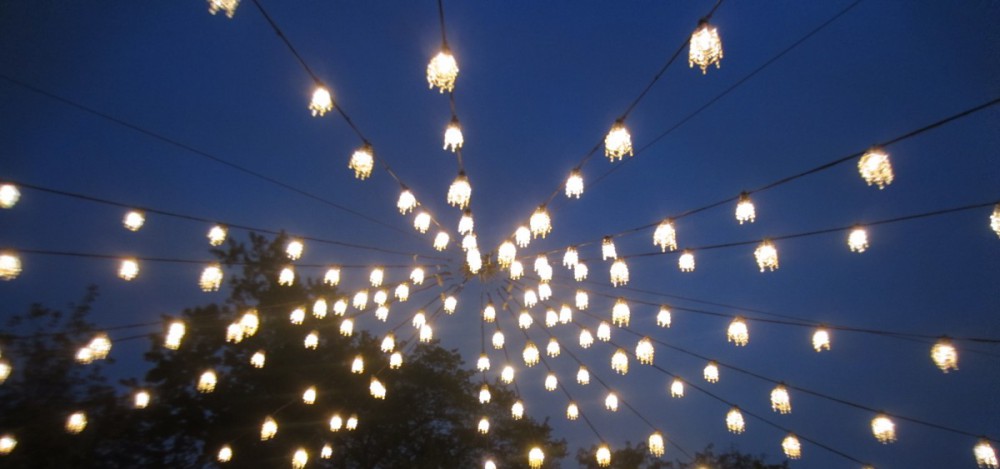As we embark further into the era of digital medias the way we understand, interpret, represent, and produce literary works are also changing. Writing is no longer only controlled by said writer. Due to web 2.0 readers are now able to do something other than think to themselves; they are able to participate. In peer collaborative communities such as Wikipedia teams of people from around the world come together to produce a web based encyclopedia of knowledge that are as diverse as the people creating it.
Wikipedia and other wiki site are epitomes of the new ways we produce information I believe. In such a time where we want all of our information faster than fast and up to date we must be aware of the fact that most times the production of this information is being produced by people around us. This differs from the past production of documents which was done by scholars, professors, and critics. Although, many of those people still create content on the web on websites such as Wikipedia peers that are skilled in certain areas are devoting their time to edit and adapt information to its ever changing characteristic. I believe that the who, what, when, where and why also known as the basic foundation of most knowledge has already been recorded. After reading all the information presented on Wikipedia was I able to come to the conclusion that sites such as that enables us to create more content based on the input placed by readers. Comments, hyperlinks, and hashtags allow us to create more opinion which can lead to the creation of more ideas. Readers are now given the ability to conceptualize more ideas based on others ideas, interpret, reinvent, and possibly see something that they could not come up with on their own.
Our new willingness to produce openly in environments that have a fair give and take process based on certain guidelines only exemplify the fact we are moving forward. We are allowing criticism and participation in our writing. We are also willing to see that our words are not just our words. On page 45 of Rodhney H.Jones and Chtistopher A. Hanfer’s, Understanding Digital Literacies A Practical Introduction was I able to find the best example of this. It read, “The famous Russian Literary critic Mikhail Bakhtin(1989:89) said that texts are ‘filled with others’ words, varying degrees of otherness or varying degrees of our-own-ness;…”. Due to communities such as Wikipedia are we able to see that our words have been said and reinvented time and time again. Like our brain, the web has enabled us to share our inner most thoughts, our ideas, our inventions however unlike our brain the web allows contribution to the process. Although, many scholars and professors argue against sites such as Wikipedia and its credibility as a scholarly source, I must say that that it offers an interesting way of deepening our own ideas by way of providing insights not from scholars but peers. The language is simpler and the hierarchy of ideas makes it easier for students to follow and create sequential thoughts themselves. Wikipedia allows us to not only to involve collaboration from our peers but also allows us to rethink opinions offered on topics that we might not always be able to come up with on our own.



